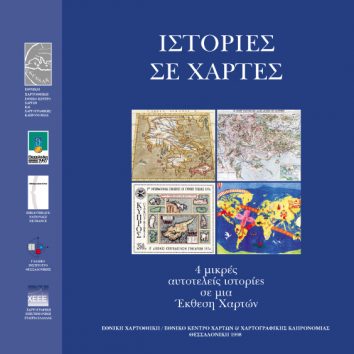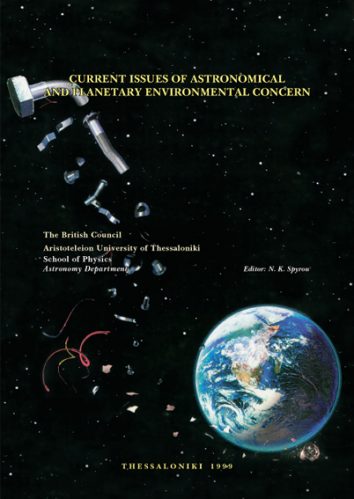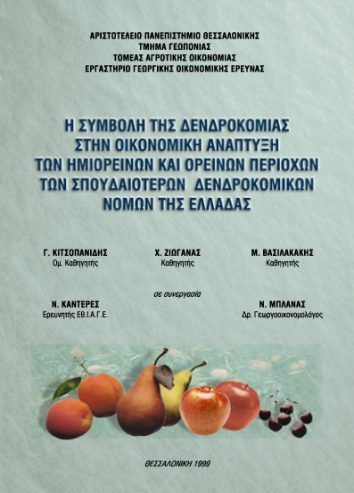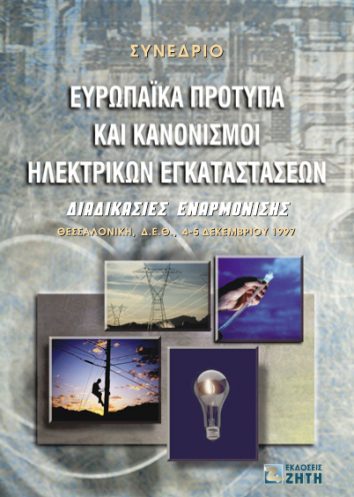
Ιακωβίδου Όλγα, Μεσογειακή Εταιρεία για την Κοινωνιολογία του Τουρισμού
Μεσογειακός Τουρισμός πέρα από τις ακτές: Νέες τάσεις στον τουρισμό & Κοινωνική οργάνωση του χώρου
Mediterranean Tourism Beyond the Coastline: New Trends in Tourism and the Social Organisation of Space
€38,16
Preface by Olga Iakovidou Professor at the Aristotle University of Thessaloniki
Given that the planet’s natural equilibrium is totally dependent on the relation and interaction between man and nature, as well as between society and economic development, a much debated global issue nowadays is the rational utilization of natural resources, along with the maintenance of the ecological stability and the preservation of the distinguishing characteristics of civilization. It is thus evident that the social and ideological concept that we give today to the development exerts an influence on the stability of natural systems, whereas human activities have either a creative results or a destructive one affecting the coming generations.
Tourism, an activity with direct impacts on the economic development of many countries, has begun in recent years to attract much discussion towards sustainability. Ever since the World Conference at Lanzarote in 1995, on the subject of Sustainable Tourism was discussed, there was a clear reference to the destruction left behind – in many cases – by organized mass tourism. It is precisely this almost universal acceptance of the catastrophic effects organized mass tourism often has on the environment and on small communities that has stimulated the shaping of the new conception of sustainable/viable tourism. This strategy aims at conserving the quality of sites that are tourist destinations and at satisfying the new demands raised by recreational travellers in the 21st century.
The development of organized tourism, which is the predominant form today, is being re-charted, given that the initial estimation of economic benefits both in terms of increases in income and employment and in terms of development of other branches of the economy has proven incorrect and the final balance-sheet from tourism in the area shows a smaller than anticipated net benefit from tourism.
This fact has been accompanied by questioning of the predominance of organized travel by tourists based on the consideration that it deprives them of autonomy in the course of their stay in the host location and does not offer authentic travel experiences. The specific interest emerging from the beginning of the 70s in issues first and foremost to do with environmental protection but also with preservation of specific cultural characteristics has played a decisive part in this process.
A new type of tourism, which does not possess the mass character of organized tourism and is promoted as a model for «active», as opposed to «passive» holidays, has thus begun to make its appearance and to attract zealous promoters and adherents, in quest of quality in their holidays and seeking a different model for local development.
Those tendencies from the seventies onwards to question the organized tourism model do not comprise a structured movement, nor do they all have the same point of departure, but they come to a common conclusion that the prevailing model for tourist development needs to be changed in the direction of environmentally-friendly and sustainable forms of tourism: models conducive to protection of the environment of the local community, of infrastructures both natural and cultural, and at the same time catering for the new types of demand.
Speaking generally, in the frame of sustainable tourism development, the envi-ronment, society and culture of a destination are tourism resources linked to a more social, educational and recreational dimension in recreation, in contrast to organized tourism where typically they are either just consumed or become elements in the «stage setting» of the contemporary tourist landscape.
The concept of alternative tourism can be summed up as protection of the environment and the resources of the destination, satisfaction of the needs of the local population and the capacity of the local and national actors to take decisions on tourist development in accordance with their own policies on tourism.
Attempts are being made in nowadays to encourage non-seasonal forms of tourism that can be developed beyond the coasts, away from the over-saturated tourist destinations and outside the tourist resorts. In the Mediterranean, which is a thousand places in one, with innumerable different landscapes and seascapes and an accumulation of civilizations one over the other as described by Braudel, these forms of tourism, the new tendencies in tourism that place emphasis on culture and/or environment, provide better prospects for its development.
These new tendencies in tourism were the subject of the 5th Mediterranean Con-gress on the Sociology of Tourism that was held in Thessaloniki from the 22nd to the 24th September 2005 and subtitled: Tourism beyond the coastal areas: new tendencies in tourism and the social organization of space. Forty-two papers were delivered at this conference by distinguished scientists from eight Mediterranean countries. Forty-one of them are included in this volume.
The book is divided into six sections. The first session presents eight papers dealing with «New tendencies in tourism in the Mediterranean region»; in the second, on the subject of «Tourism and Local Development» there are nine; in the third «Tourism, Farming and Urbanising Tendencies» eight; in the fourth, «Tourism and the Natural Environment» five: in the fifth «Diversification in Tourist Demand and New Tendencies in Demand» seven and in the sixth «Sustainability and Tourist Development» four.
The volume also aims at providing the academic background for further debate on the critical issue of new trends in tourism and the social organization of space.
I am indebted to the authors for their co-operation and contributions as well as to the Thessaloniki Port Authority S.A and the Prefecture of Thessaloniki for their financial support for this publication. Particular thanks are due also to my collaborator Dr. Maria Partalidou for her contribution to bringing out this work.
Contents
- New trends of tourism in Mediterranean space
- Tourism and local community
- Tourism, rural area and urban trends
- Tourism and nature environment
- Diversification of tourism demand and new trends in tourism
- Sustainability and tourism development




